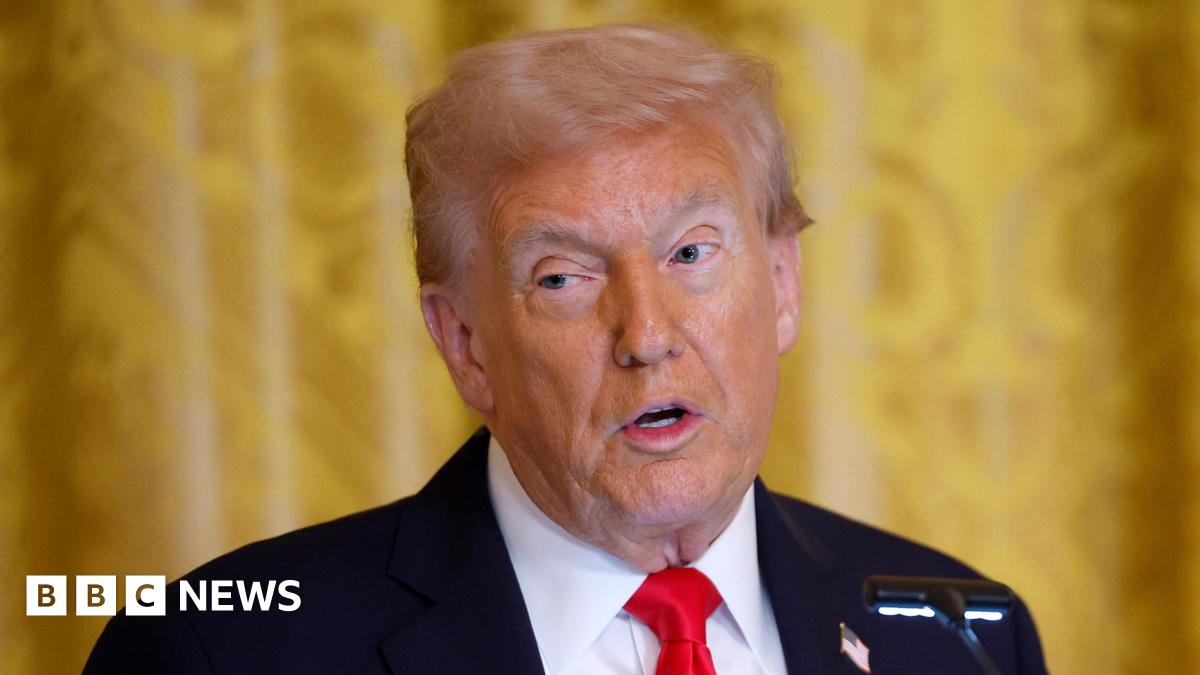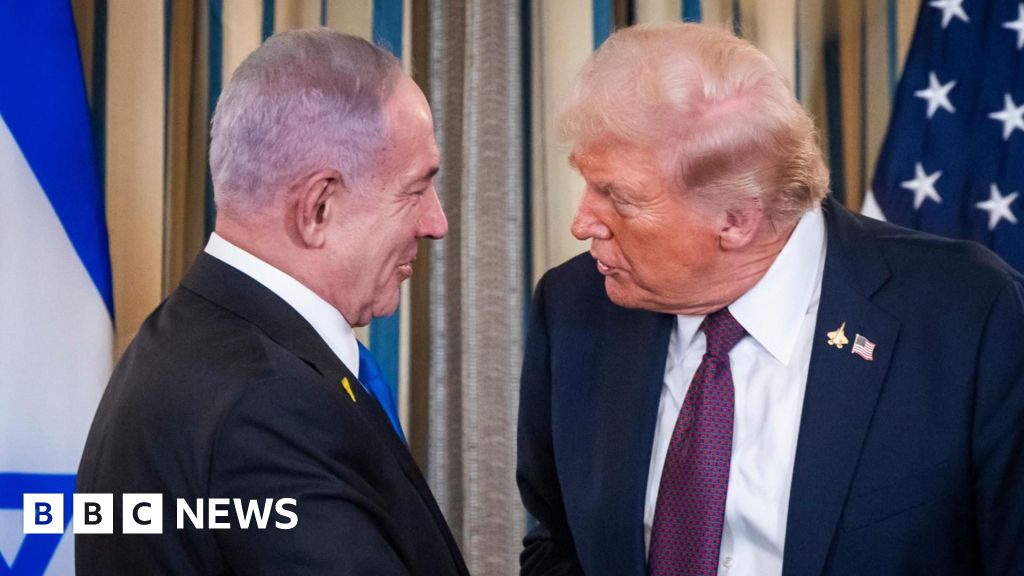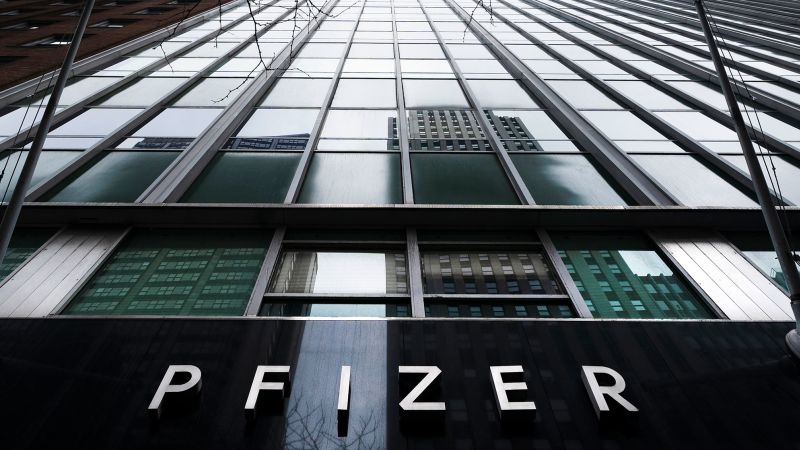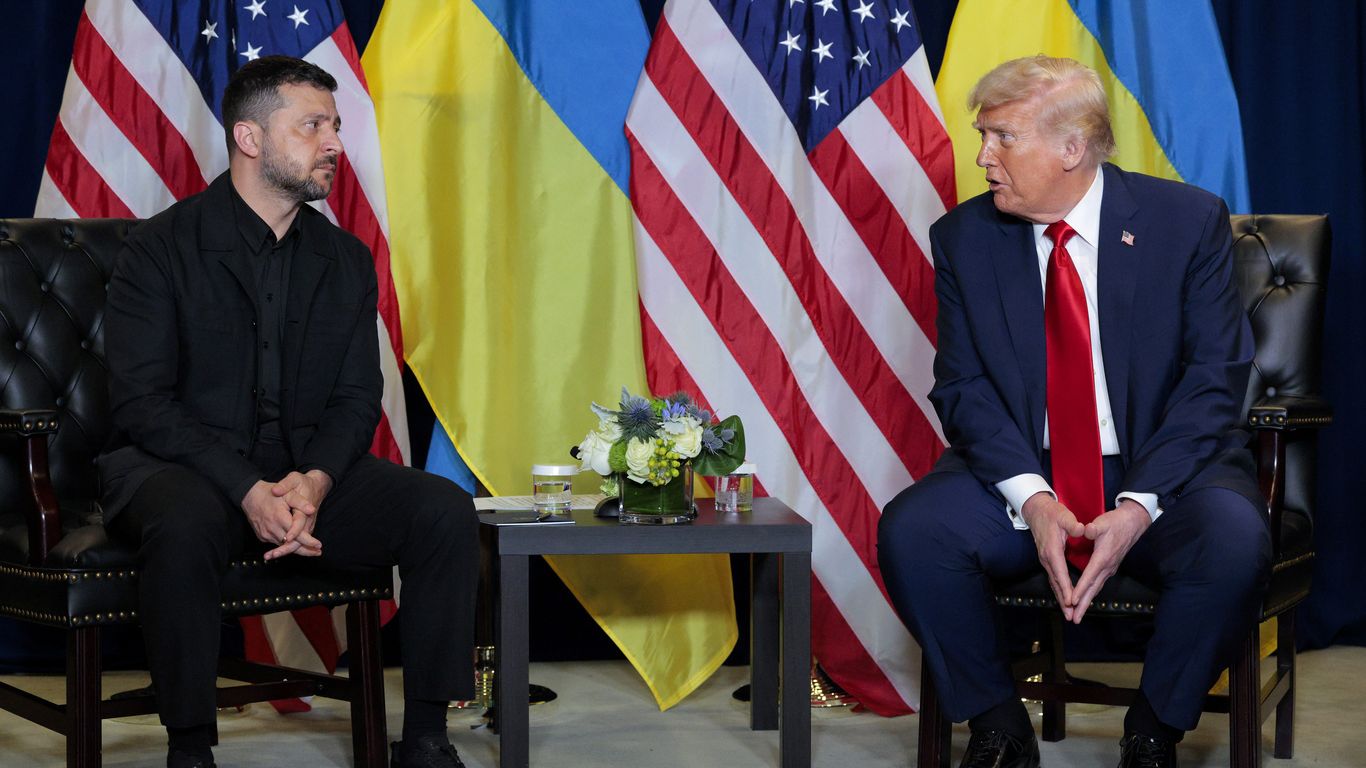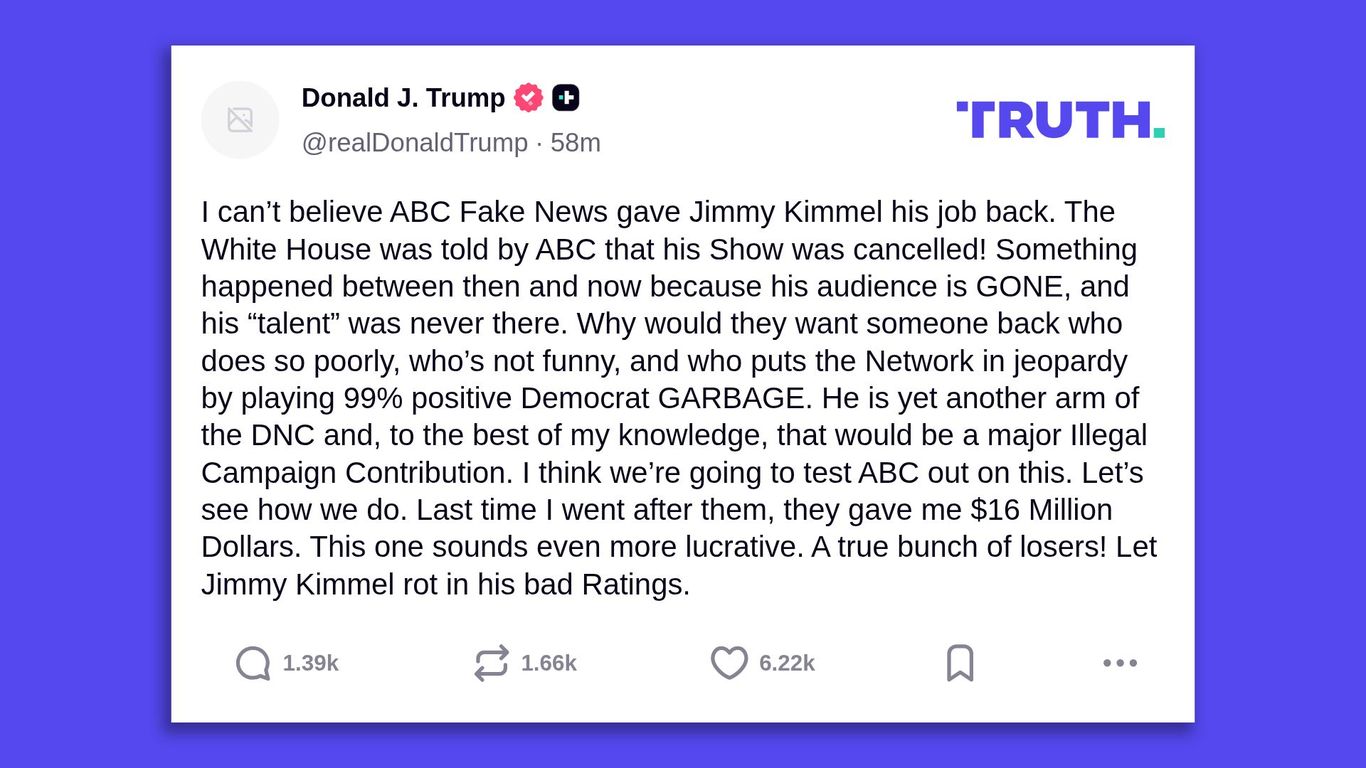Trump Commutes George Santos Sentence: Debate on Presidential Clemency Heats Up

Trump Commutes Sentence of George Santos
In a dramatic turn of events, former President Donald Trump has commuted the prison sentence of George Santos, the disgraced ex-Congressman from New York. Santos had been sentenced to more than seven years in federal prison after pleading guilty to serious charges, including wire fraud and aggravated identity theft—a case that drew national attention for its scale and audacity[1]. The commutation, announced unexpectedly, has reignited debates about presidential clemency powers and their use in high-profile political cases.
Context and Reactions
The Santos case became a symbol of political scandal, with prosecutors detailing a pattern of deception that included fraudulent fundraising and misuse of public trust. Legal experts note that commutations in such prominent cases are rare and often controversial, raising questions about accountability and the message sent to voters. Supporters of the move argue it reflects a broader reassessment of justice, while critics see it as undermining the rule of law. As the story develops, it underscores the enduring intersection of politics, justice, and public perception in America.
About the People Mentioned
Donald Trump
Donald John Trump, born June 14, 1946, in Queens, New York, is an American businessman, media personality, and politician. He graduated from the University of Pennsylvania’s Wharton School in 1968 with a degree in economics. In 1971, he took over his family’s real estate business, renaming it the Trump Organization, through which he expanded into building and managing skyscrapers, hotels, casinos, and golf courses. Trump gained widespread fame as the host of the reality TV show *The Apprentice* from 2004 to 2015, which helped establish his public persona as a successful entrepreneur. Trump entered politics as a Republican and was elected the 45th president of the United States, serving from 2017 to 2021. His presidency was marked by significant policy actions including tax cuts, deregulation, the appointment of three Supreme Court justices, renegotiation of trade agreements (notably replacing NAFTA with the USMCA), and a focus on immigration control including border wall expansion. He withdrew the U.S. from international agreements such as the Paris Climate Accord and the Iran nuclear deal, and engaged in a trade war with China. His administration’s response to the COVID-19 pandemic was criticized for downplaying the virus’s severity. Trump was impeached twice by the House of Representatives—first in 2019 for abuse of power and obstruction, and again in 2021 for incitement of insurrection—but was acquitted by the Senate both times. After losing the 2020 election to Joe Biden, Trump challenged the results, culminating in the January 6, 2021, Capitol riot. He remains a central figure in American politics, having won the 2024 presidential election and returned as the 47th president in 2025, continuing to promote policies aimed at economic growth, border security, and military strength[1][2][3][4].
